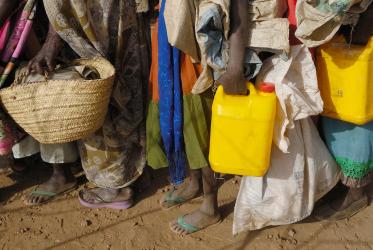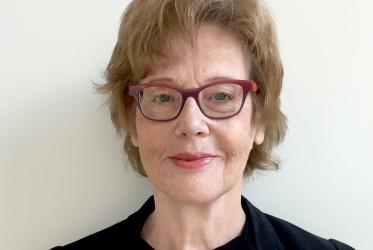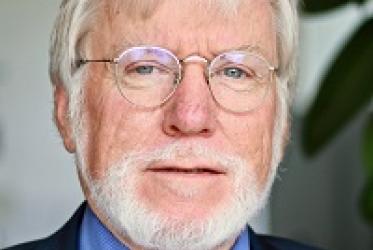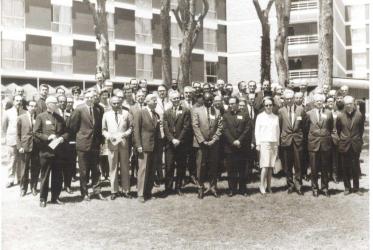Displaying 1 - 20 of 61
2022 Social Forum: Water for human rights and sustainable development
03 - 04 November 2022
Palais des Nations in Geneva, Switzerland
The earth is the LORD's… and the Lord is claiming it back
07 September 2022
Uppsala 1968: The times, they were a’changing
06 September 2022
Digital communicators weigh a future with “profound values at stake”
16 September 2021
Faith communities vital in overcoming hunger
18 March 2020
Patriarch Bartholomew, archbishop of Sweden sign joint editorial
30 September 2019
“There are no spare parts for whales”
13 June 2019

















